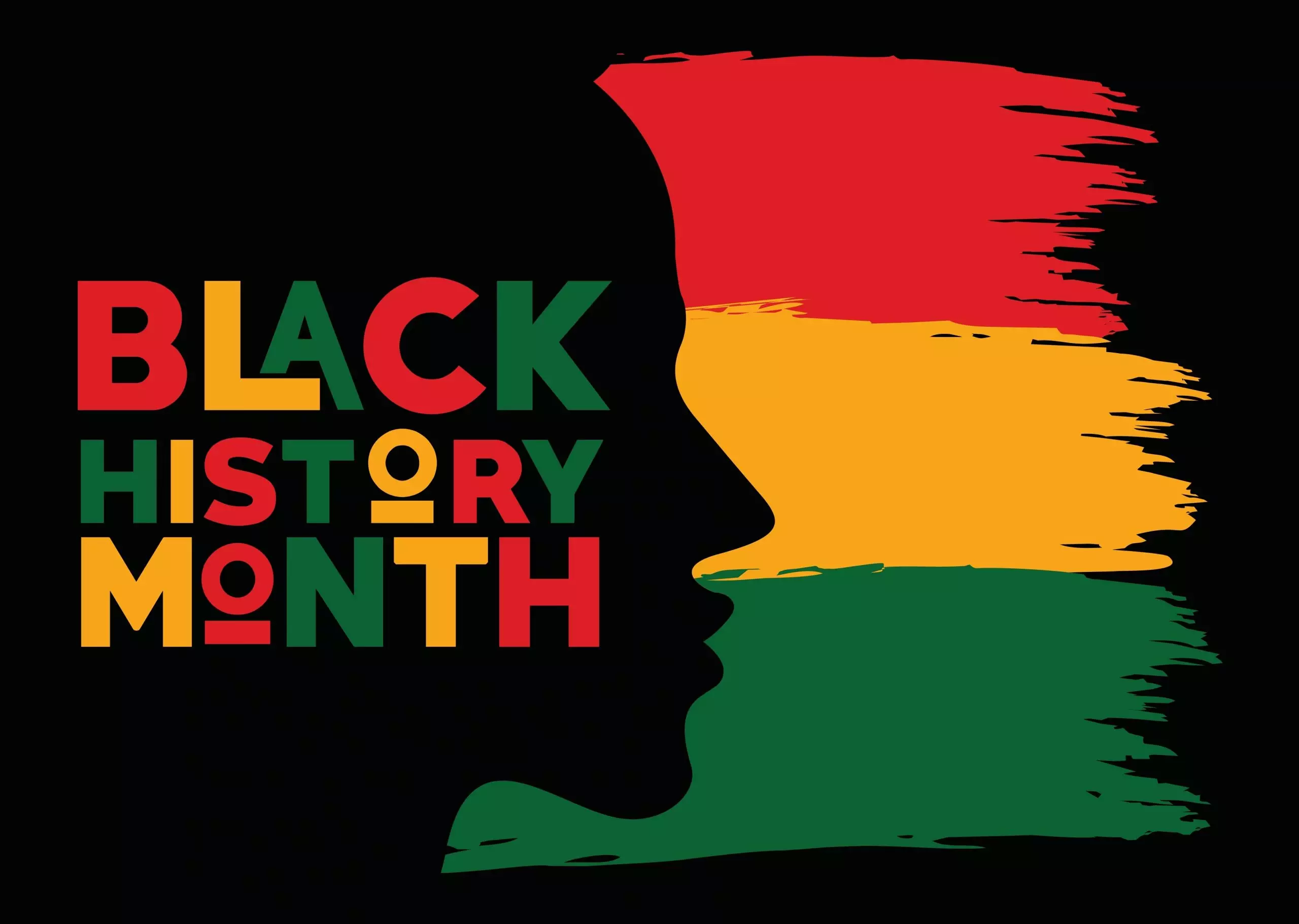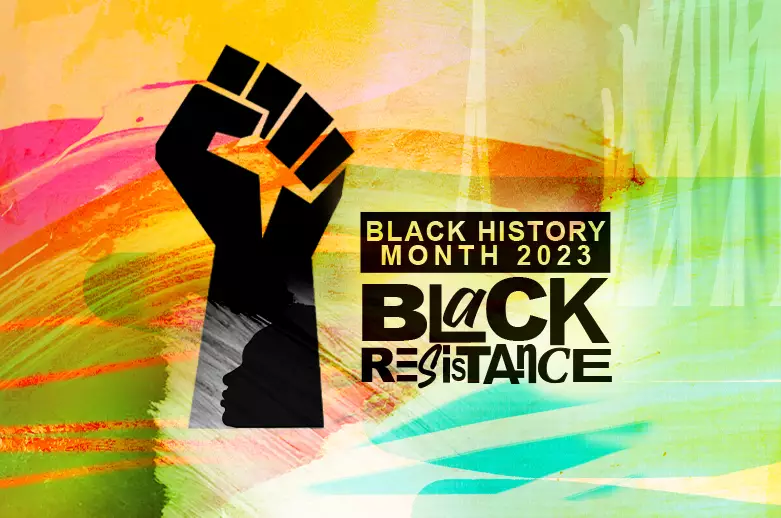
Black History Month 2023
Black History Month is an official time set aside to celebrate the contributions and achievements of Black Americans in science, the arts, business, activism, academia, health, sports, and every aspect of life in the United States.
It is an opportunity, though we shouldn’t require a special invitation, to honor Black history, learn about the variety within Black cultures, and also to acknowledge, redress, and resolve the egregious injustices against Black people upon which this country was birthed and built.
These injustices continue today in both individual and collective, systemic ways, ranging from basic personal safety, to workplace hostility and exclusion, to widespread healthcare and health outcome inequities.
The origins of Black History Month
Black History Month got its start in September 1915, when Carter G. Woodson and Jesse E. Moorland established the Association for the Study of Negro Life and History (ASNLH), with the goal of supporting and promoting the accomplishments of Black Americans.
Moorland, the son of farmers, was a minister, educator, and philanthropist who also worked closely with the YMCA. Woodson, the son of former slaves, was a university-trained historian and professor at Howard University who eventually became Dean of the College of Arts and Sciences.
In 1926, the ASNLH, now known as the Association for the Study of African American Life and History (ASALH), created a national Negro History Week, to be held during the second week in February in honor of Frederick Douglass’ and Abraham Lincoln’s birthdays.
Communities across America organized and sponsored history clubs, art performances, and various local and regional events, many occurring in schools. Over time, the celebratory week increased in duration, and in 1970, Kent State University observed Black History Month on its campus.
On February 10, 1976, President Gerald Ford formally recognized Black History Month, stating:
Freedom and the recognition of individual rights are what our Revolution was all about. They were ideals that inspired our fight for Independence: ideals that we have been striving to live up to ever since. Yet it took many years before ideals became a reality for black citizens.
The last quarter-century has finally witnessed significant strides in the full integration of black people into every area of national life. In celebrating Black History Month, we can take satisfaction from this recent progress in the realization of the ideals envisioned by our Founding Fathers.
But, even more than this, we can seize the opportunity to honor the too-often neglected accomplishments of black Americans in every area of endeavor throughout our history.
Ford ended his speech by urging all Americans to join him “in tribute to Black History Month and the message of courage and perseverance it brings to all of us.”
Theme of Black History Month 2023

(Black History Month 2023—Black Resistance Theme. Image from Alamo.edu)
Every American president since has continued to designate February as Black History Month, each with a specific thematic focus.
For 2023, Black History Month’s theme is “Black Resistance.” This theme explores, in the words of the ASALH, how:
African Americans have resisted historic and ongoing oppression, in all forms, especially the racial terrorism of lynching, racial pogroms, and police killings since our arrival upon these shores. These efforts have been to advocate for a dignified self-determined life in a just democratic society in the United States and beyond the United States political jurisdiction…
Black people have had to consistently push the United States to live up to its ideals of freedom, liberty, and justice for all…through armed resistance, voluntary emigration, nonviolence, education, literature, sports, media, and legislation/politics….
Black people have organized/planned violent insurrections against those who enslaved them, such as in Haiti, and armed themselves against murderous white mobs as seen in Memphis, TN (1892), Rosewood, FL (1923), and New Orleans, LA (1900).
“Black resistance strategies have served as a model for every other social movement in the country,” the ASALH website states, “thus, the legacy and importance of these actions cannot be understated.”
“This is a call to everyone, inside and outside the academy,” it continues, “to study the history of Black Americans’ responses to establish safe spaces, where Black life can be sustained, fortified, and respected.”
What do the colors associated with Black History Month mean?
The colors associated with Black History Month—black, red, green, and yellow—are said to be derived from the Pan-African movement of the early twentieth century, combining colors from several African flags.
- Black is said to represent the African peoples,
- Red, the blood of Black innocents and freedom fighters that has been shed throughout history,
- Green, the rich natural resources of Africa, and
- Yellow the optimism that justice and equality will prevail.
How can I respectfully honor Black History Month?
Various sources have suggested steps that anyone can take in order to thoughtfully and intentionally honor Black History Month. Here are just a few ideas.
- Watch a documentary about the Black experience in the U.S. and abroad.
- Listen to a Black-themed podcast, created and produced by Black Americans.
- Read books by Black authors, including books focused on anti-racism.
- Learn about Black innovators, artists, and leaders throughout history.
- Visit a Black or African history museum and/or archive, whether virtually or in person.
- Support Black-owned businesses and Black-run organizations.
- Watch films and TV shows by Black creators.
- Attend a Black History Month parade or other event.
- Tune in to the ASALH 2023 Black History Month Virtual Festival.
- Get involved on the local, state, and federal levels to galvanize reform, change policy, and abolish systemic racism.
- Advocate for diversity, equality, and inclusion (DEI) in the education, healthcare, and business arenas, and celebrate Black achievements.
- Volunteer in your community and be a good neighbor; help individuals when possible, but only with their consent.
- Learn about Black history and Black History Month in other countries and cultures. Black History Month is also formally recognized in Canada, Ireland, the Netherlands, and the U.K. (in October).
- Share Black History Month messages and graphics on social media.
Click the link for detailed recommendations regarding books, movies, podcasts, culturally appropriate language, conversation starters, and other actions to advance Black rights, and the knowledge and appreciation of Black contributions and cultures.

